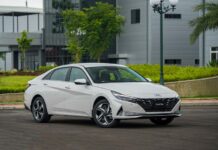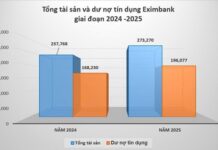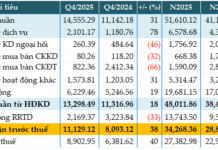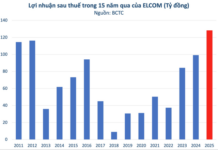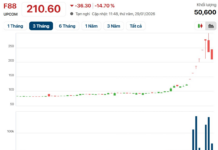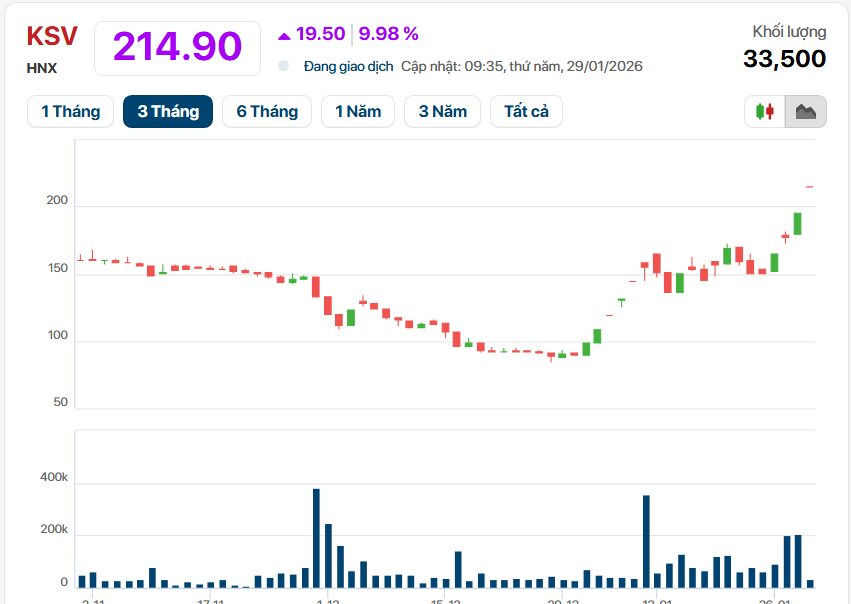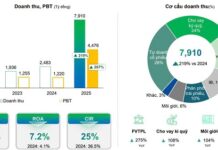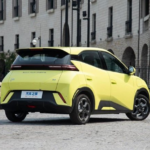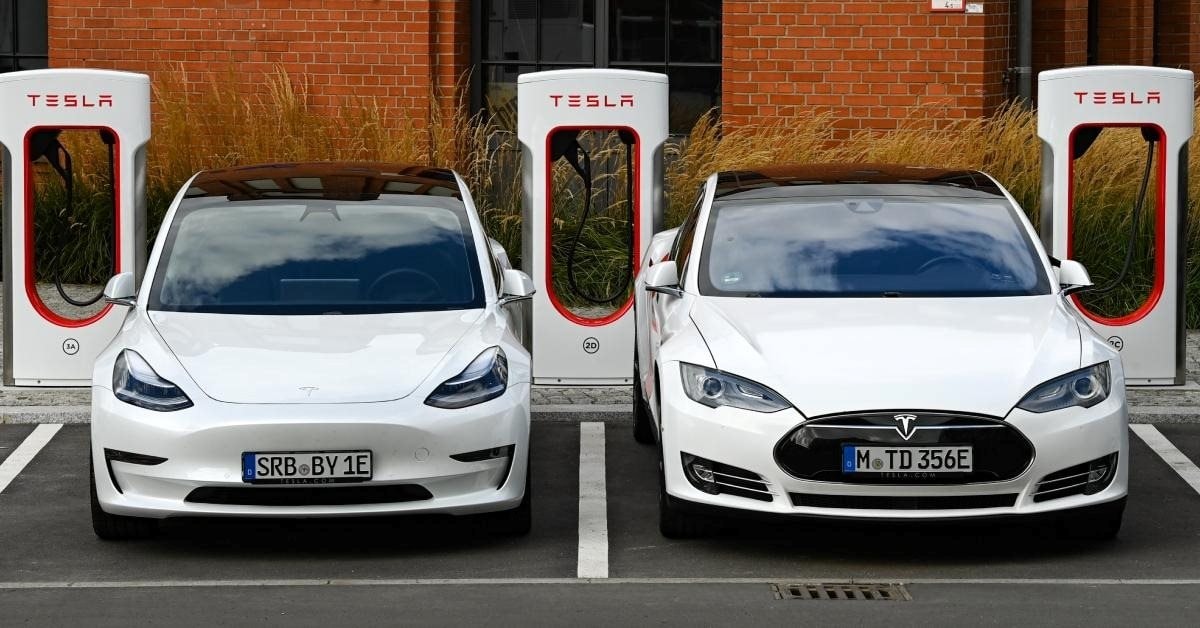
Global electric vehicle sales surge past 10 million annually, with China leading the charge.
The global battery electric vehicle (BEV) market has reached a significant milestone, surpassing 10 million units sold annually for the first time in 2024. This represents a nearly 10% increase compared to 2023. In May 2025, China achieved another remarkable feat, selling over one million electric vehicles in a single month, according to the International Council on Clean Transportation (ICCT).
While China dominates global sales, several European countries lead in BEV adoption rates, measured by their market share of new car sales.
Norway stands out as a clear leader. In the first half of 2025, data from PwC reveals that over 90% of new passenger car registrations in Norway were electric vehicles, a record-breaking figure.
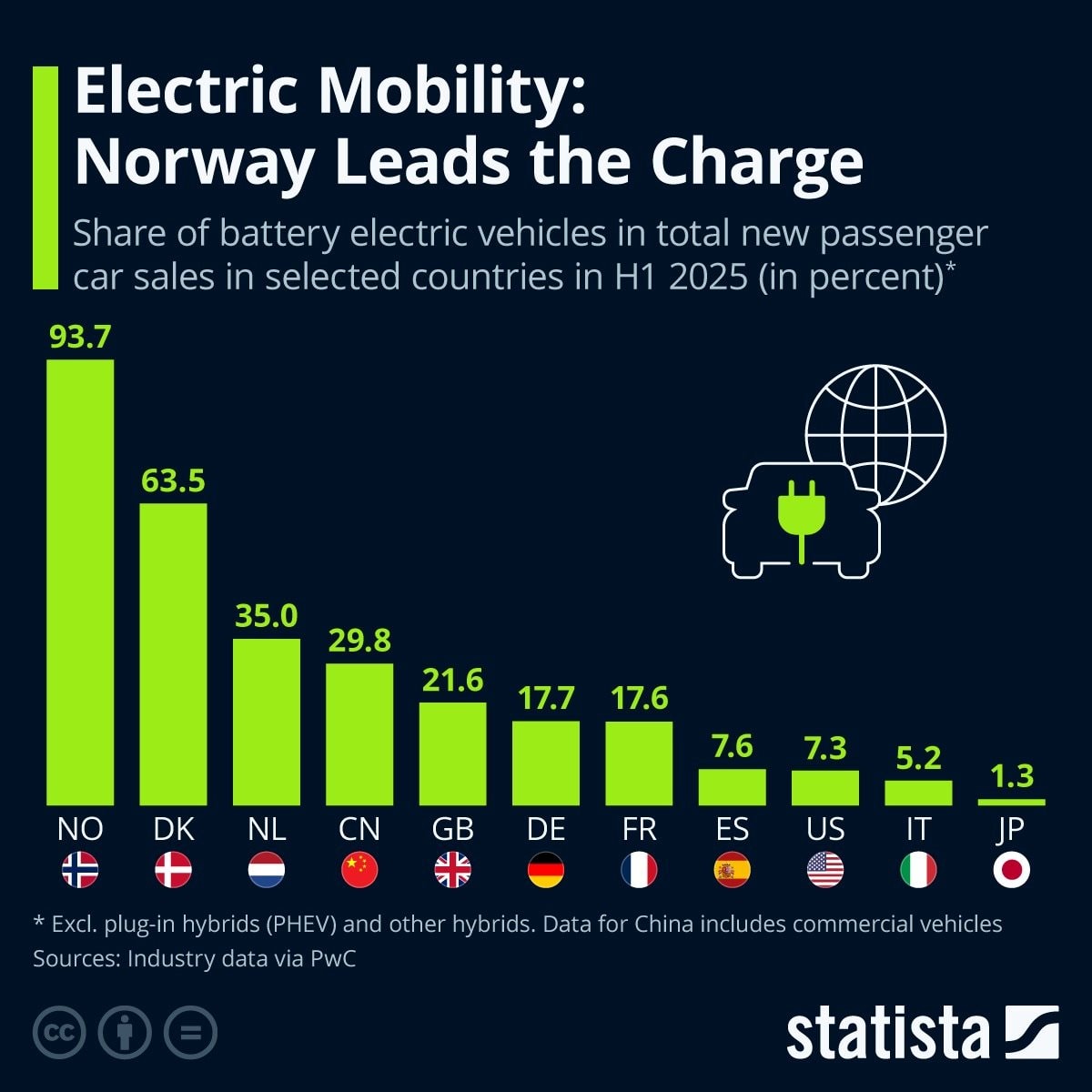
European countries lead in electric vehicle adoption rates.
Reflecting the rapid adoption of electric vehicles in Northern Europe, Denmark and the Netherlands also boast impressive market shares: 63.6% and 35.0%, respectively. Outside Europe, China leads in adoption with a 29.8% BEV market share in the first half of the year (including commercial vehicles). The United States lags behind with a mere 7.3% BEV market share.
Norway’s success in promoting electric vehicles through policies like tax exemptions, toll-free roads, and other incentives is undeniable. However, replicating this model in other countries is challenging.
Firstly, Norway imposes high import taxes and registration fees on vehicles, making cars significantly more expensive than in other countries like the United States. By waiving these taxes for electric vehicles, Norway effectively subsidizes their purchase at a level that larger countries like the U.S. cannot afford.
Secondly, Norway’s wealth, largely derived from its abundant oil reserves, contributes to its high household incomes. According to Statistics Norway, the average post-tax household income in 2025 was approximately $64,000, comparable to the U.S. but significantly higher than the EU average.
VinFast Pauses Dealer Network Expansion in Thailand
Last month, VinFast announced that it would be postponing the opening of its North Carolina plant by another three years, until 2028. This decision was made to effectively manage short-term spending and allocate resources towards immediate growth objectives. By delaying the plant opening, VinFast aims to optimize its financial strategy and ensure a more robust foundation for its short-term goals. This strategic move showcases VinFast’s commitment to a sustainable and well-planned expansion, ensuring a strong foothold before venturing into new territories.
Electric Vehicles Could “Save Hundreds of Thousands of Lives”, Reveals a Surprising Prediction for 2035.
The International Energy Agency predicts that electric car sales could match those of gasoline-powered cars by 2035. This forecast highlights a significant shift in the automotive industry, as consumers increasingly favor environmentally conscious options. With advancements in technology and a growing awareness of sustainability practices, the popularity of electric vehicles is set to soar, potentially reshaping the landscape of transportation as we know it.

